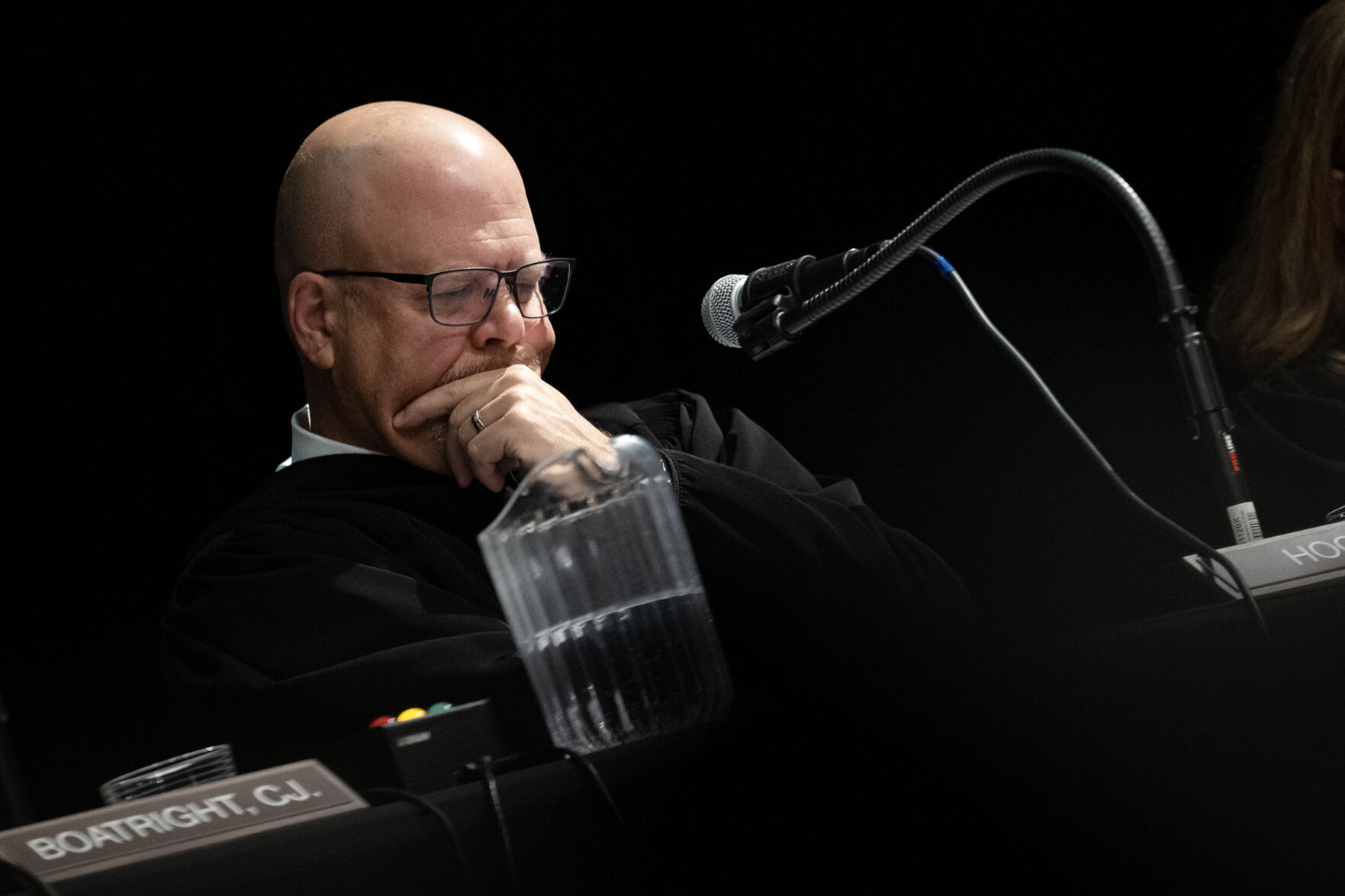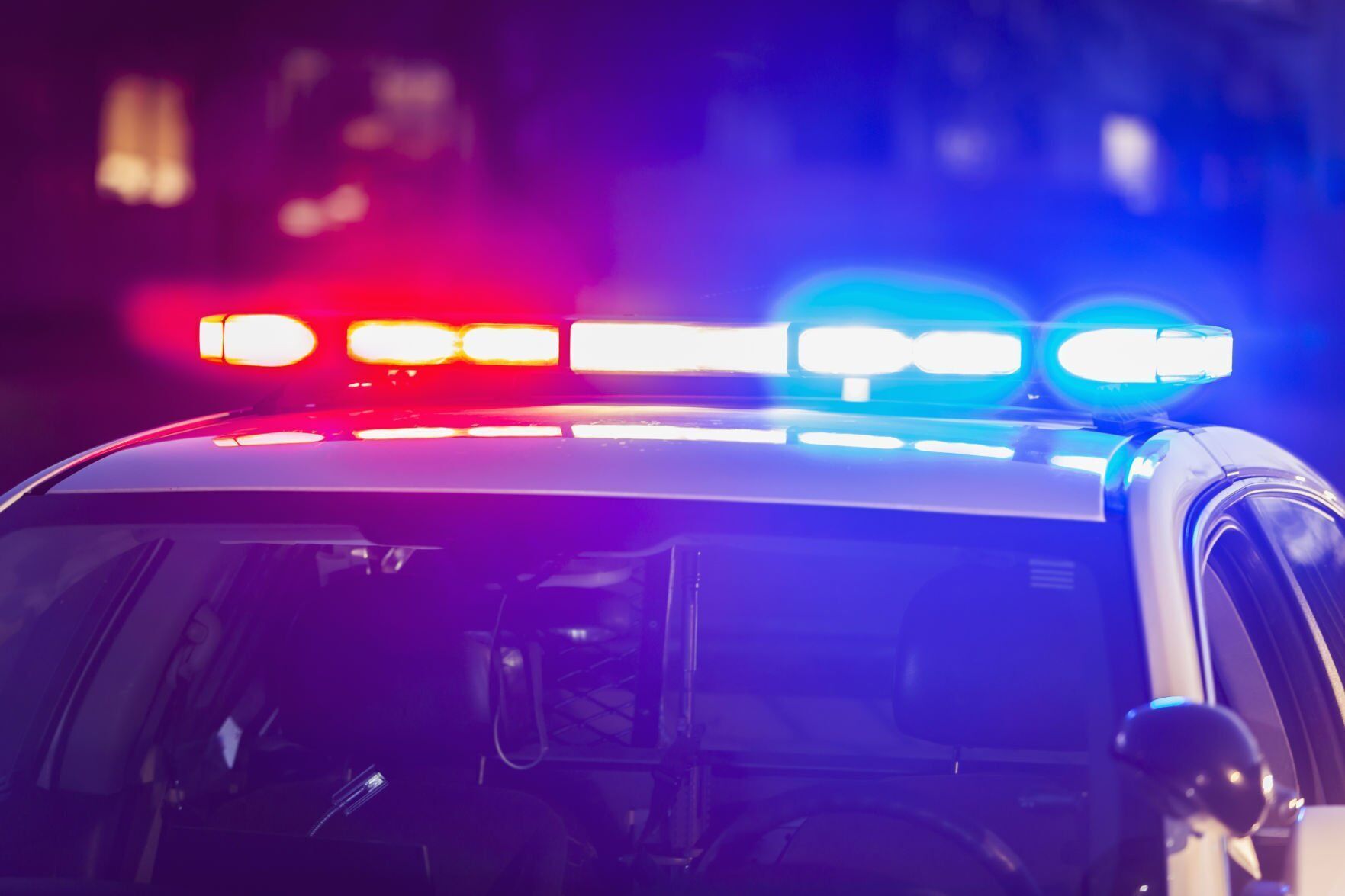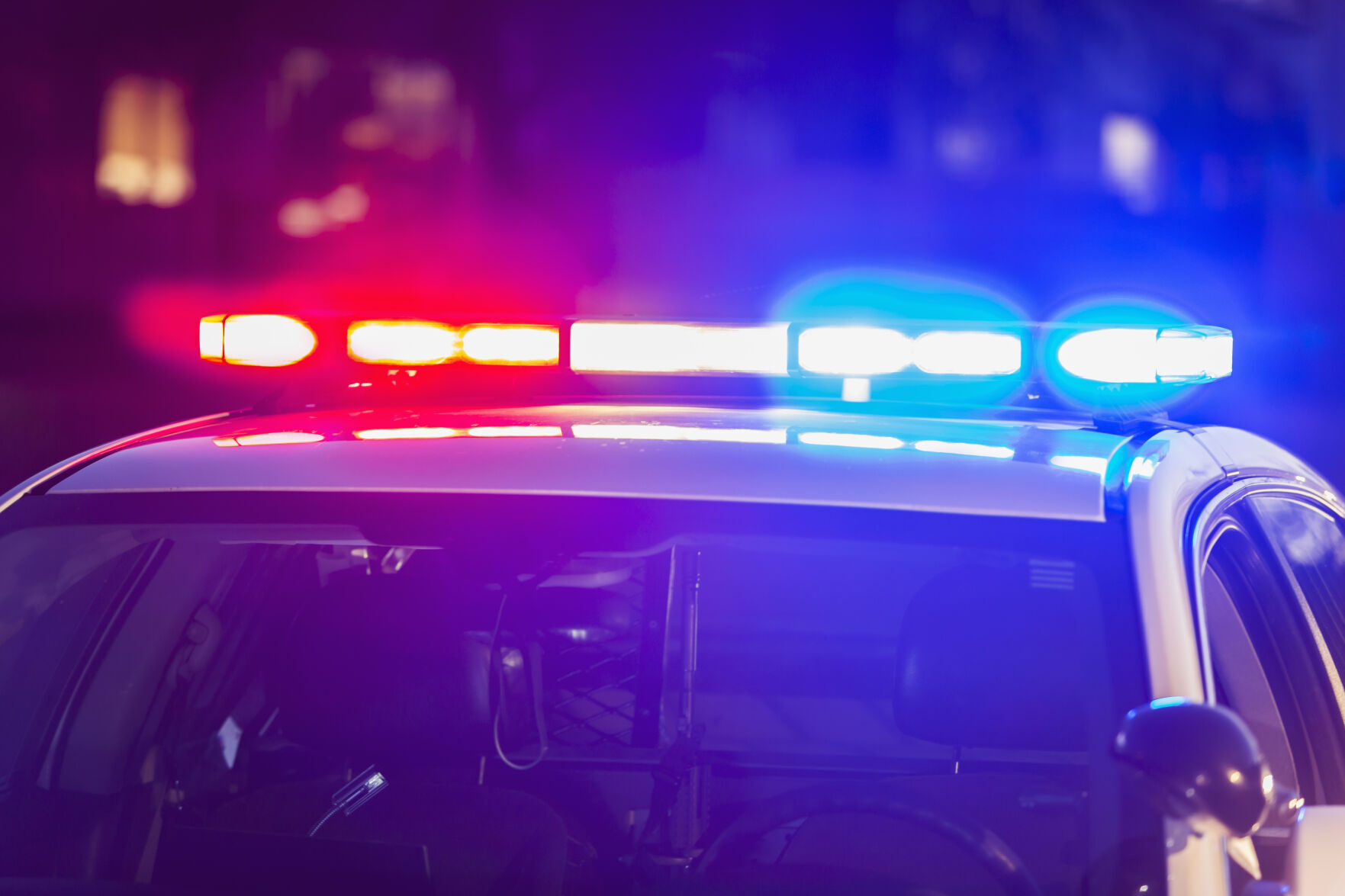expressed consent
-
Despite multiple errors, appeals court upholds Arapahoe County drunk driving convictions
Even though an Arapahoe County judge improperly restricted questioning about a witness’s personal incentives to testify and gave a “manifestly unfair” jury instruction, Colorado’s second-highest court upheld a woman’s drunk driving convictions last week. Jurors convicted Lisa Ann Woodward in 2021 of vehicular assault and driving under the influence after she drove out of a bar’s…
-
Despite prevailing at Supreme Court, man’s murder convictions again upheld by Court of Appeals
Four months after the Colorado Supreme Court ruled police generally cannot draw blood from a driver who has revoked the consent that state law has created for him, the Court of Appeals has again upheld the defendant’s homicide convictions after reasoning police acted in good faith by extracting his blood. Under Colorado’s “expressed consent” law, motorists have…
-
Appeals court clarifies legal significance of failed blood draws on DUI suspects
Colorado’s second-highest court clarified on Thursday that the inability of medical personnel to successfully draw blood from a suspected drunk driver amounts to an “extraordinary circumstance” excusing law enforcement from completing the blood test. The case out of Gilpin County came to the Court of Appeals in an unusual way. Jurors acquitted Craig Spencer of felony…
-
Colorado Supreme Court rules DUI suspects may revoke consent to blood test, requiring warrant
Suspected drunk drivers do have the ability to revoke their consent to a blood or breath test, meaning police will generally need to get a warrant to measure intoxication levels, the Colorado Supreme Court ruled on Monday. Although the U.S. Supreme Court has not explicitly held that states cannot legislate consent for warrantless blood draws…
-

Colorado justices weigh DUI suspects’ right to refuse blood draw
The Fourth Amendment’s prohibition on unreasonable searches and seizures means law enforcement must obtain a warrant or else rely on a specific exception to the warrant requirement, like the consent of the person being searched, to investigate a crime. But can Colorado law provide blanket consent for police to draw the blood of alleged drunk…
-
Colorado justices weigh DUI suspects’ right to refuse blood draw
The Fourth Amendment’s prohibition on unreasonable searches and seizures means law enforcement must obtain a warrant or else rely on a specific exception to the warrant requirement, like the consent of the person being searched, to investigate a crime. But can Colorado law provide blanket consent for police to draw the blood of alleged drunk…
-
Colorado justices weigh DUI suspects’ right to refuse blood draw
The Fourth Amendment’s prohibition on unreasonable searches and seizures means law enforcement must obtain a warrant or else rely on a specific exception to the warrant requirement, like the consent of the person being searched, to investigate a crime. But can Colorado law provide blanket consent for police to draw the blood of alleged drunk…
-

COVID-19 pandemic justified police not offering DUI breath tests, appeals court rules
Colorado’s second-highest court on Thursday agreed that a police department’s decision not to offer suspected drunk drivers the choice of a breath test at the outset of the COVID-19 pandemic did not violate state law. Although it was not the first Court of Appeals ruling to address the issue, it was the first to set…
-

Colorado justices weigh drunk driving suspects’ ability to change mind, consent to blood test
The Colorado Supreme Court considered on Wednesday whether an Arapahoe County judge improperly permitted prosecutors to share a misleading account of a drunk driving suspect’s arrest – making jurors believe Glen Gary Montoya categorically refused a blood alcohol test when, in reality, he changed his mind and ultimately agreed to one. However, some members of the…
-

Man who changed mind on DUI blood draw deserves new trial, appeals court says
A man convicted of driving under the influence in Arapahoe County refused at one point to take a blood alcohol test to determine his level of intoxication. But when he changed his mind, the test did not happen, nor did jurors learn that he ultimately agreed to a blood draw. Now, the state’s Court of…





